
Coffee is the world’s most favorite brewed beverage, prepared from roasted coffee beans, seeds of the coffee plant. Coffee has a stimulating effect on humans, due to its high caffeine content. Caffeine acts as a central nervous system stimulant, and it is known to temporarily remove drowsiness and restore mental alertness. We can be free to say that coffee is the world’s most widely consumed psychoactive substance. Only in the United States, about 90% of adult population consumes caffeine daily and it is generally recognized as a safe substance.
Benefits of caffeine
Caffeine is used medically to reduce physical fatigue and improve mental clearness. It is also used in treatment of newborns, where it helps to treat apnea and correct irregular heartbeats. When caffeine enters the body, it takes about 45 minutes before it becomes absorbed in the small intestine. The highest levels of caffeine in the blood are reaches about an hour after the consumption. It contributes to faster and clearer flow of thought, better focus, better physical condition and coordination. According to certain scientific studies at Harvard School of Public Health, coffee drinking may significantly lower the risk of type 2 diabetes. Other findings suggest that caffeine may even protect from Parkinson’s disease.
Caffeine and bipolar disorder
Bipolar disorder, also known as manic-depressive disorder is a serious psychiatric diagnosis that is defined by presence of at least one episode of abnormally elevated energy levels, cognition and mood, followed with one or more depressive episodes. As a central nervous system stimulant, caffeine can cause nervousness, agitation and mood changes even in the individuals who do not have any of the mental disorders. Caffeine is also a proven trigger of panic attacks. Too much caffeine makes people more likely to suffer from various psychiatric and substance abuse disorders. Similarly, it may increase the intensity of symptoms in people with bipolar disorder, and may speed up the rate at which their mood alternates.
But this scenario works only if people drink very large amounts of coffee. Consumed in moderation, caffeine doesn’t have any adverse effects for most of the people. However, the small percentage of individuals is highly sensitive to stimulating effects of caffeine. These individuals may feel anxious or nervous even after drinking small amounts of coffee. A study at Virginia Commonwealth University interviewed more than 3,600 adult twins and found out that caffeine consumption doesn’t cause or exacerbate psychiatric symptoms. Even in the cases where one twin consumed large amounts of caffeine and other consumed almost none, the risk and symptoms of their disorders were the same.







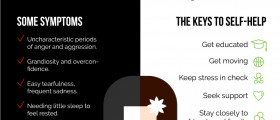
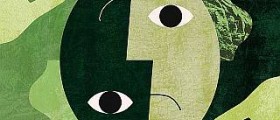
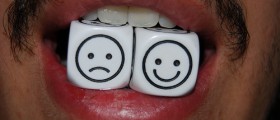


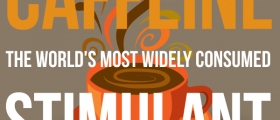



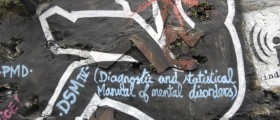
Your thoughts on this
Loading...